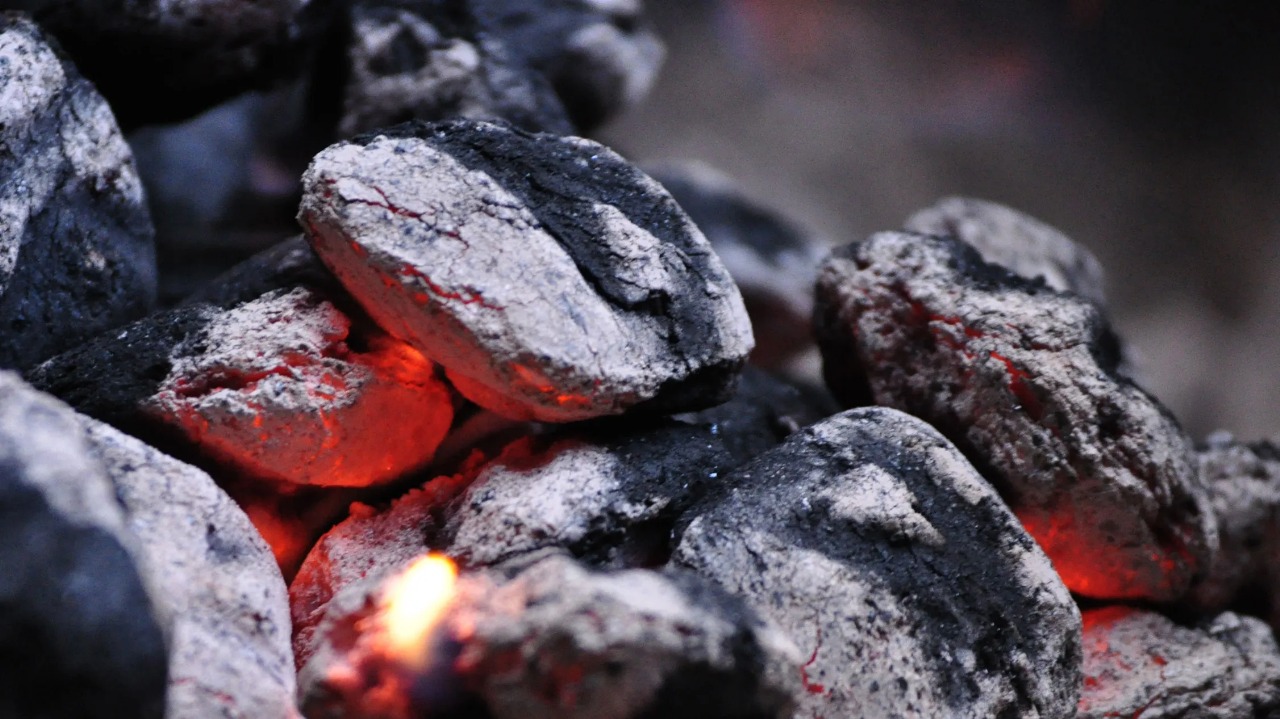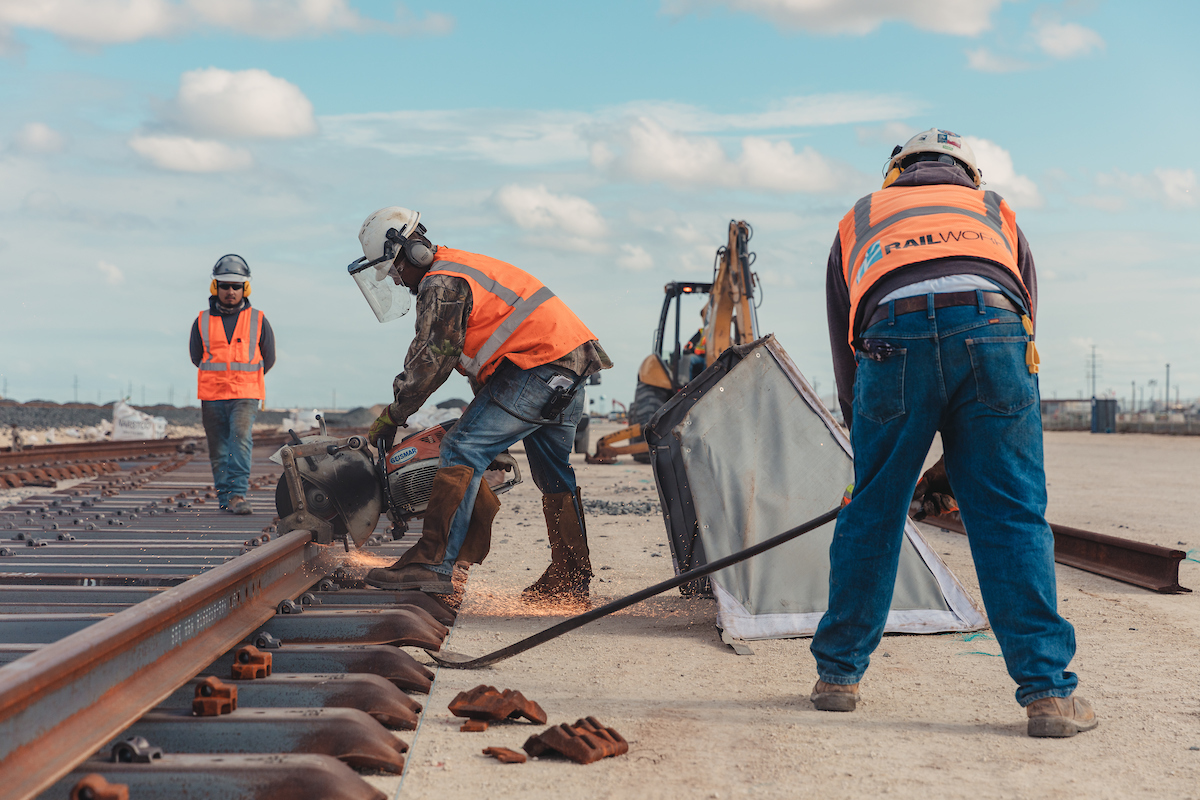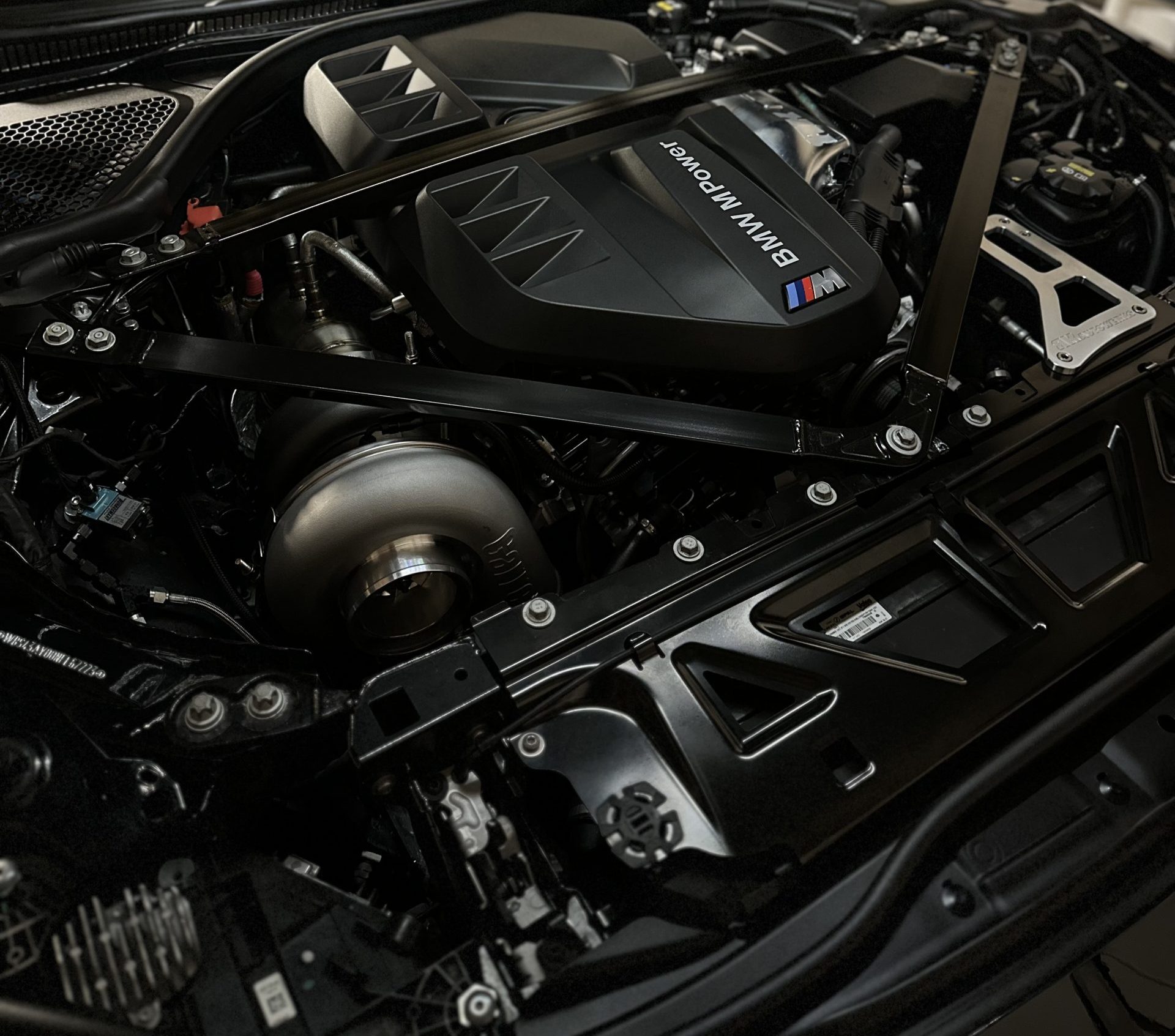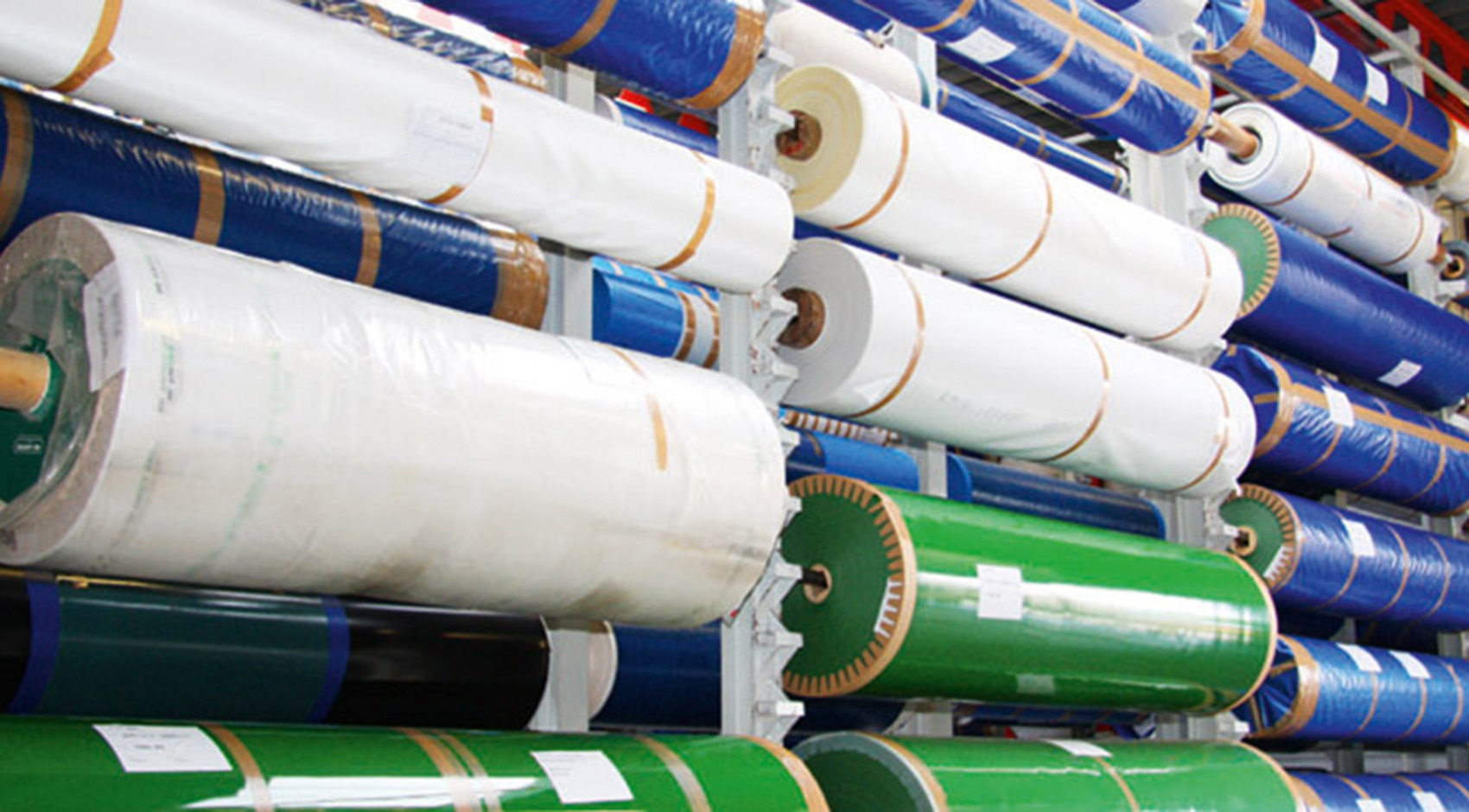Introduction to Charcoal
Charcoal has been used for centuries as a reliable fuel source for cooking, heating, and industrial purposes. Unlike many other fuels, charcoal is known for its clean-burning properties, high heat output, and versatility. With growing demand for sustainable energy solutions, hardwood charcoal has emerged as a preferred choice for households, restaurants, and industries. Understanding the benefits of Charcoal compared to other fuels can help you make informed decisions for both efficiency and sustainability.
What is Charcoal?
Charcoal is produced by burning wood in a low-oxygen environment, which removes moisture and volatile compounds while retaining carbon. This process creates a lightweight, porous material that burns hotter and cleaner than raw wood. Hardwood charcoal, in particular, is valued for its density and long-burning qualities, making it superior to many other fuel options.
Charcoal vs. Firewood
When comparing charcoal to firewood, the differences are clear. Firewood contains higher moisture, which results in more smoke and less heat efficiency. Charcoal, on the other hand, has low moisture content and burns with a steady, high heat. This makes charcoal an excellent choice for grilling and heating, where consistent temperature is important. Moreover, charcoal is easier to transport and store compared to bulky firewood.
Charcoal vs. Coal
Many people confuse charcoal with coal, but they are very different. Coal is a fossil fuel that contains impurities such as sulfur, which can produce harmful emissions. Charcoal, being derived from renewable wood sources, burns much cleaner and releases fewer toxins into the environment. For households and restaurants that value eco-friendliness, charcoal is a healthier alternative to coal.
Charcoal vs. Gas
Gas is a popular modern fuel for cooking and heating, but it lacks the distinct flavor and aroma that charcoal imparts to food. Charcoal grills are famous for creating smoky, rich flavors that gas simply cannot replicate. Additionally, gas requires pipelines or cylinders, while charcoal can be easily carried and used anywhere, making it more versatile for outdoor cooking and events.
Charcoal for Cooking
Charcoal is the fuel of choice for chefs and grill enthusiasts. Hardwood charcoal provides high, consistent heat that is ideal for searing meat, roasting vegetables, and baking pizzas. Unlike other fuels, charcoal enhances the taste of food with its natural smokiness. Whether used in restaurants or backyard barbecues, charcoal ensures delicious results every time.
Charcoal for Heating
Charcoal is not limited to cooking; it is also a reliable heating source. Many households in rural areas use charcoal stoves because they are affordable and efficient. Compared to kerosene or other fuels, charcoal produces less odor and smoke, creating a more comfortable indoor environment. Its long burn time also means less refueling is needed.
Environmental Benefits of Charcoal
One of the key advantages of charcoal is its environmental impact when sourced responsibly. Hardwood charcoal made from sustainable forestry practices can be a renewable energy source. Unlike fossil fuels, charcoal does not contribute heavily to greenhouse gases when used efficiently. Choosing eco-friendly charcoal ensures both environmental protection and energy efficiency.
Economic Benefits of Charcoal
Charcoal is also cost-effective compared to many other fuels. It offers a higher energy-to-weight ratio, meaning less fuel is needed for the same heat output. For commercial kitchens and small businesses, using charcoal can reduce operational costs while delivering better cooking performance. Additionally, charcoal has a long shelf life, making it a smart investment.
Charcoal in Industrial Use
Industries also rely on charcoal for processes such as metalworking and blacksmithing. The high heat and clean combustion of charcoal make it suitable for tasks that require precision and efficiency. Unlike coal or gas, charcoal produces fewer impurities, which is critical in metal production and chemical industries.
Health Advantages of Charcoal Use
Charcoal produces less harmful smoke compared to firewood or coal, reducing health risks related to indoor air pollution. In many developing regions, switching from firewood to charcoal stoves has significantly improved household health. Cleaner air means fewer respiratory issues, making charcoal a safer option for daily use.
Charcoal and Convenience
Another benefit of charcoal is convenience. Unlike liquid fuels, charcoal does not spill or create hazards during transport. It can be easily packed, stored, and used in both urban and rural settings. Whether you are camping, running a restaurant, or heating a home, charcoal offers unmatched flexibility.
Why Choose Hardwood Charcoal
Hardwood charcoal stands out from other varieties because of its durability and efficiency. It burns longer and hotter than softwood charcoal, meaning fewer refills and better cooking results. The density of hardwood charcoal also makes it more economical in the long run. For anyone serious about cooking or heating, hardwood charcoal is the best choice.
Conclusion: The Superiority of Charcoal
Charcoal has proven to be a versatile, efficient, and eco-friendly fuel compared to alternatives like firewood, coal, and gas. From cooking and heating to industrial use, charcoal delivers superior performance in every area. Its affordability, clean-burning nature, and distinct flavor benefits make it a preferred option for households and businesses alike. Choosing hardwood charcoal ensures reliability, sustainability, and value. With so many advantages, it is clear that charcoal remains one of the best fuels available today.



